This temporary governing body would be established by the United Nations to oversee Gaza for several years.
Others are reading now
The temporary governing body would be established by the United Nations to oversee Gaza for several years.
What is happening?
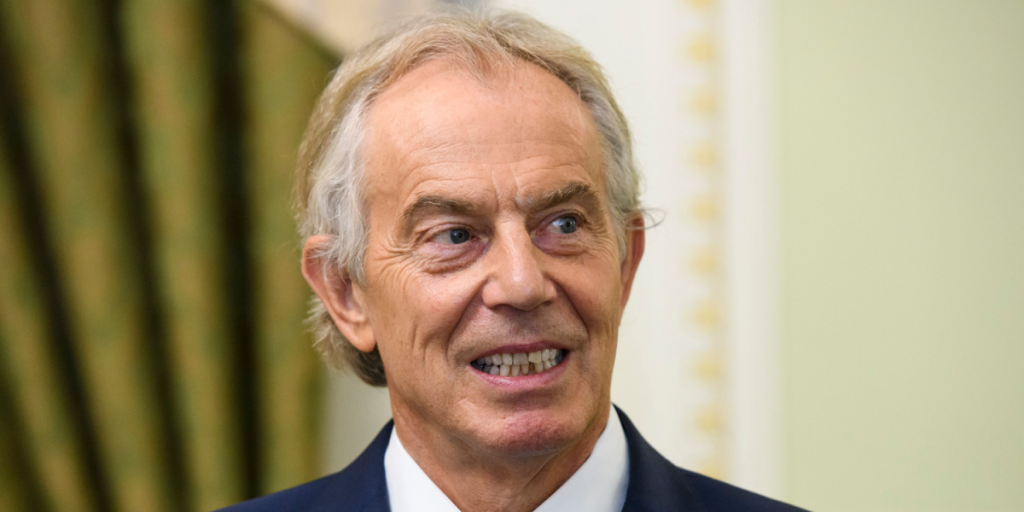
Former UK Prime Minister Sir Tony Blair has re-entered the global stage with a surprising offer: to head a temporary administration in Gaza after the end of the Israel-Hamas conflict.
His proposal, developed through the Tony Blair Institute, seeks to stabilize the region before transferring power to the Palestinian Authority.
A controversial but calculated bid
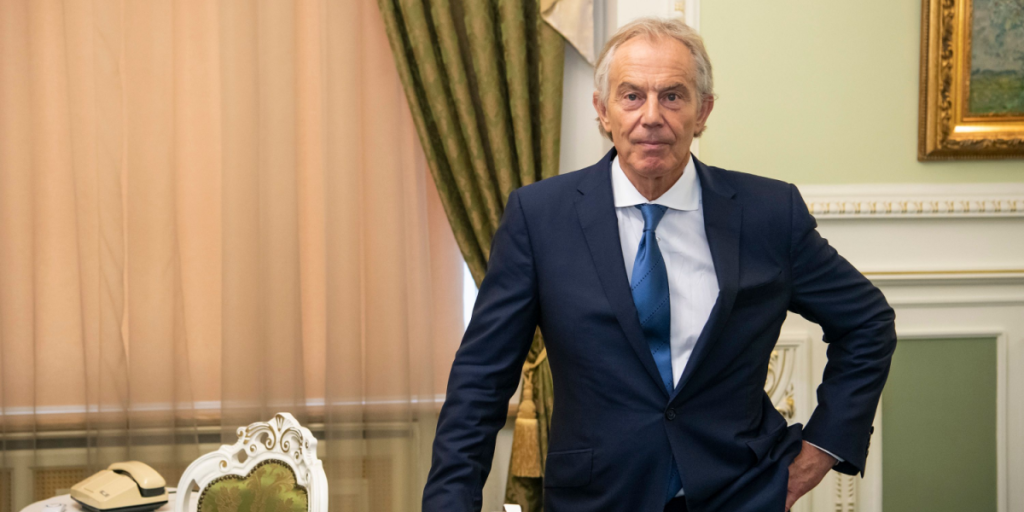
The 72-year-old statesman is no stranger to bold political moves. His proposal, while controversial, is gaining traction among powerful stakeholders.
Blair is reportedly prepared to “sacrifice his time” to bring calm to the war-torn territory and rebuild trust through an internationally backed framework.
Also read
Strong support from Trump’s inner circle
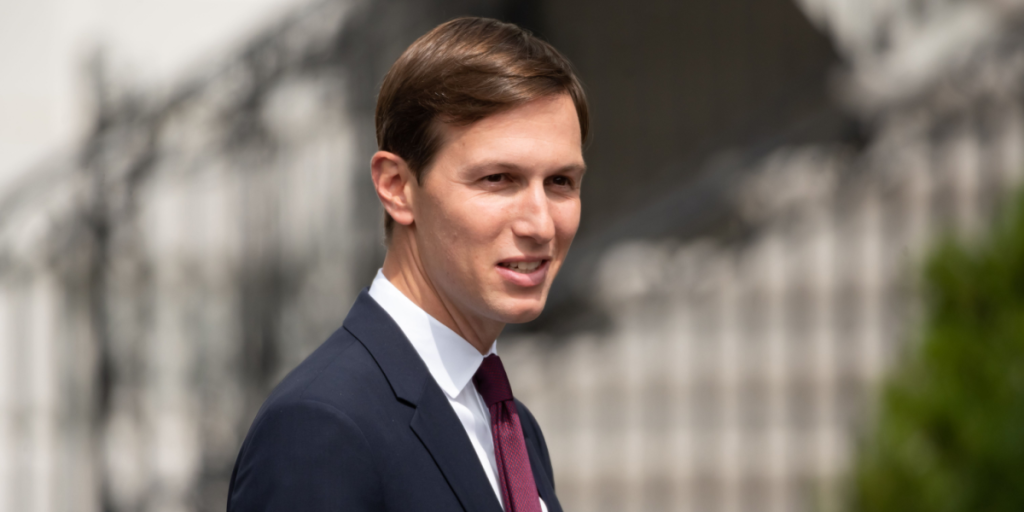
Blair’s plan has received notable support in Washington, particularly from Jared Kushner, Donald Trump’s son-in-law and former adviser on the Middle East.
Steve Witkoff, the U.S. president’s special envoy, has also endorsed the idea, helping to push it up the American foreign policy agenda.
Conditional offer: PA must eventually take charge
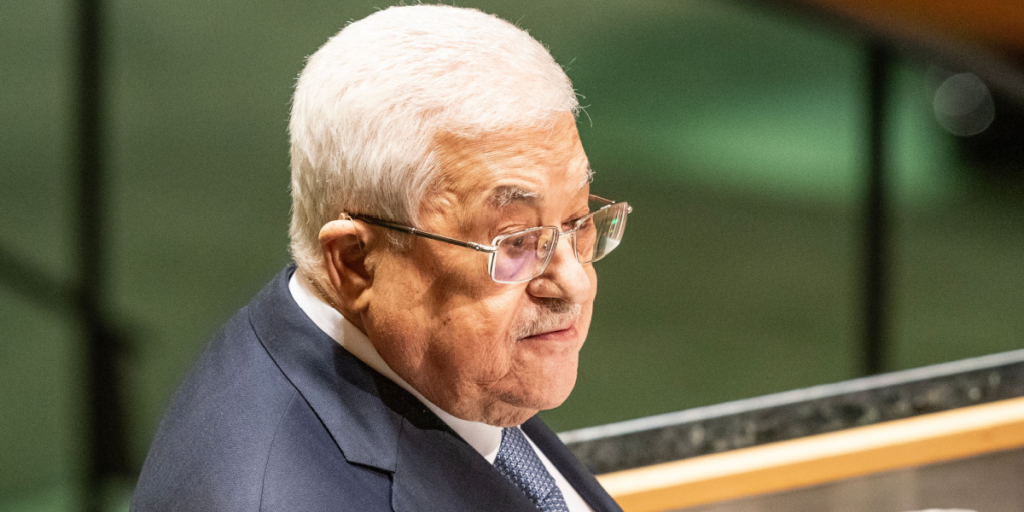
Central to Blair’s plan is the condition that control of Gaza would eventually return to the Palestinian Authority (PA).
The PA, led by President Mahmoud Abbas, lost control of the territory in 2006 to Hamas.
Blair’s proposal envisions a reformed PA reclaiming authority — but only after a transitional period.
Also read
A high-stakes meeting with Trump
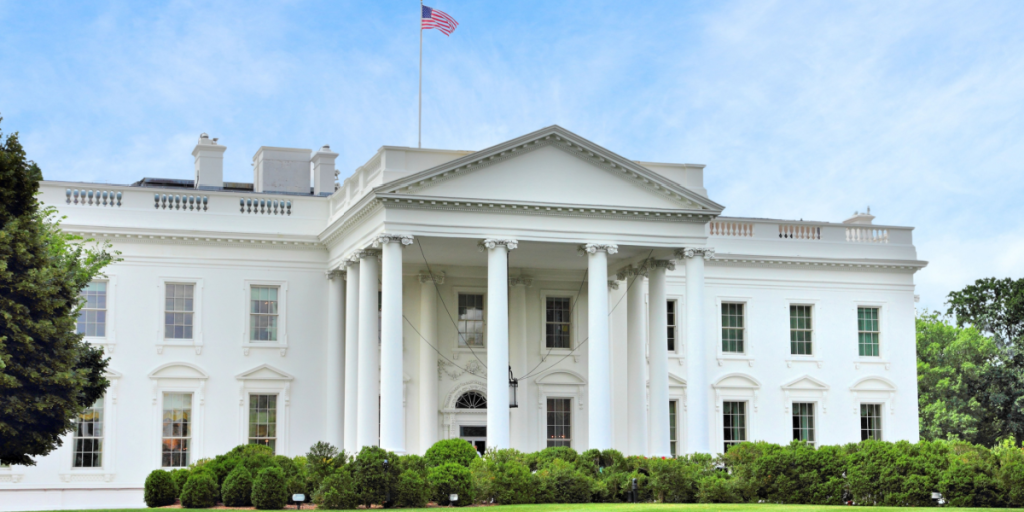
On August 27, Blair met with Trump and his advisers at the White House to lay out the details.
Kushner and Witkoff advocated for Blair, portraying him as uniquely qualified to navigate the region’s complex political terrain and win support across divides.
UN introducing Gita
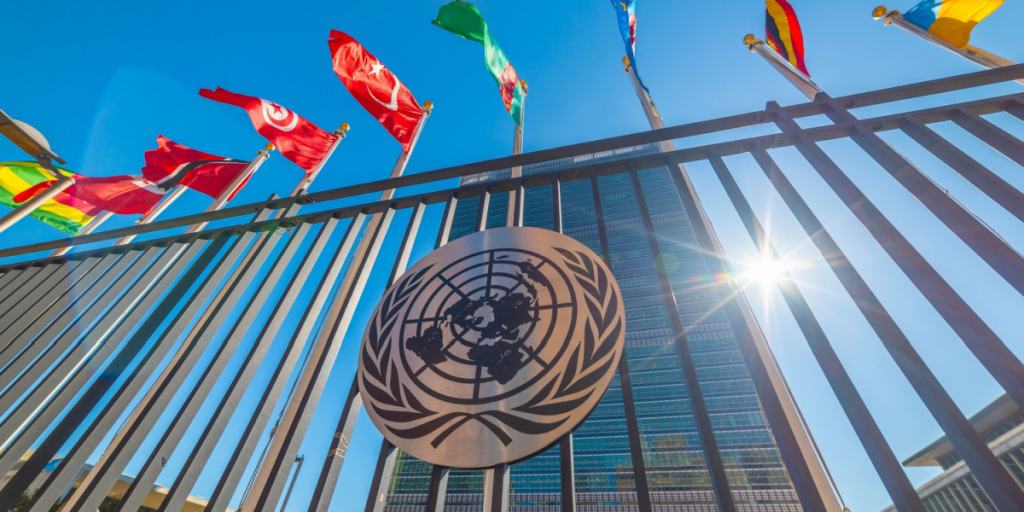
The centerpiece of Blair’s vision is the Gaza International Transitional Authority (Gita).
This temporary governing body would be established by the United Nations to oversee Gaza for several years.
Gita would serve as the top legal and political entity during this critical phase.
Also read
What Gita would look like

According to draft proposals seen by The Times of Israel, Gita would include Palestinian figures, senior UN officials, respected international business leaders, and strong Muslim representation.
The aim is to ensure both local legitimacy and global accountability during the transition.
Trump brings the plan to the global stage
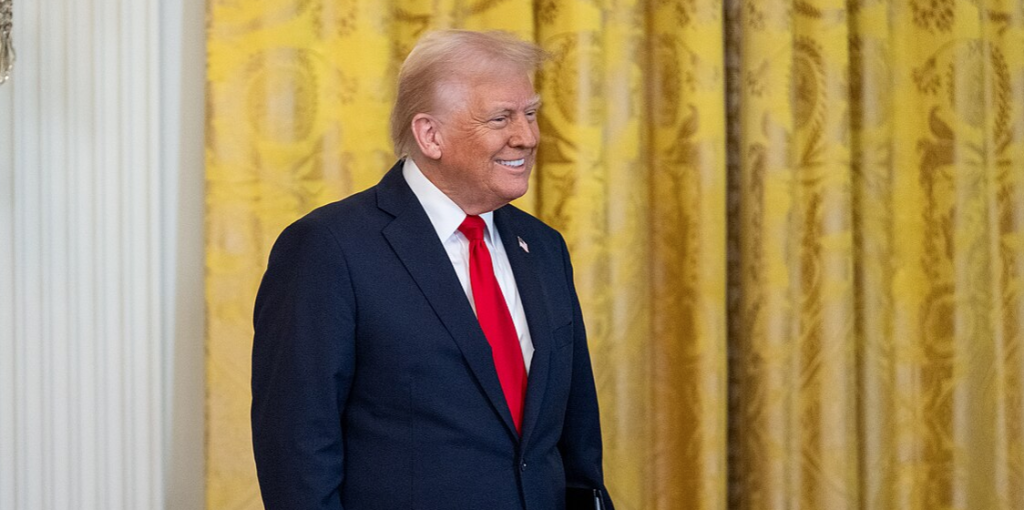
Trump introduced Blair’s proposal to key global players at the United Nations General Assembly in New York. Leaders from Turkey, Pakistan, Indonesia, and five Arab nations were briefed.
“Maybe we can end [the war] right now,” Trump reportedly told them during tense discussions.
Pressure mounts on Netanyahu
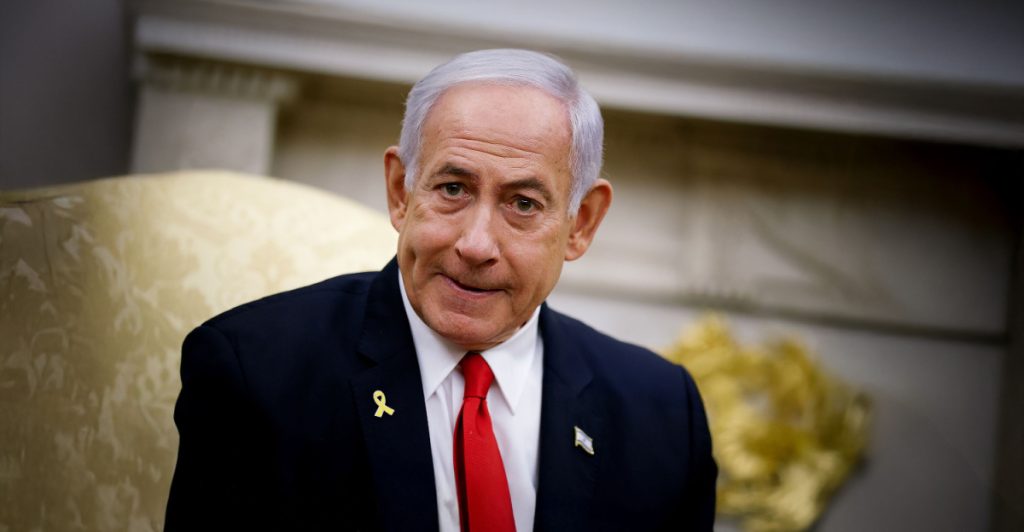
In a pointed shift, Trump warned Israeli Prime Minister Benjamin Netanyahu against annexing the West Bank.
Also read
“I will not allow it,” he said from the Oval Office, signaling to Arab leaders that the U.S. was prepared to push back on Israeli expansion to preserve regional diplomacy.
Blair’s diplomatic résumé bolsters his case
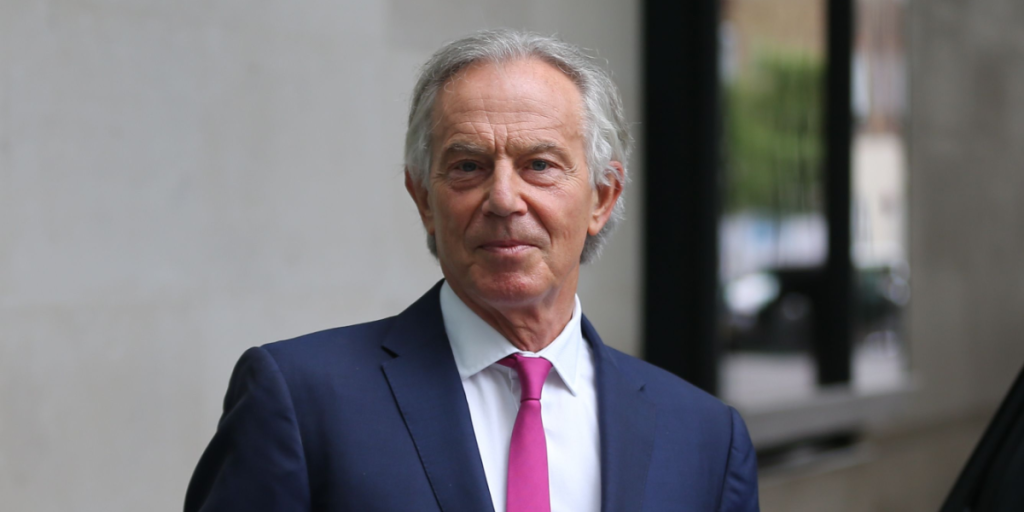
Blair’s critics may question his return to Middle East politics, but his track record adds weight.
From 2007 to 2015, he served as the Quartet’s special envoy, helping to mediate peace efforts between Israel and the Palestinians on behalf of the UN, US, EU, and Russia.
Saudi Arabia’s role: Make-or-break for the plan
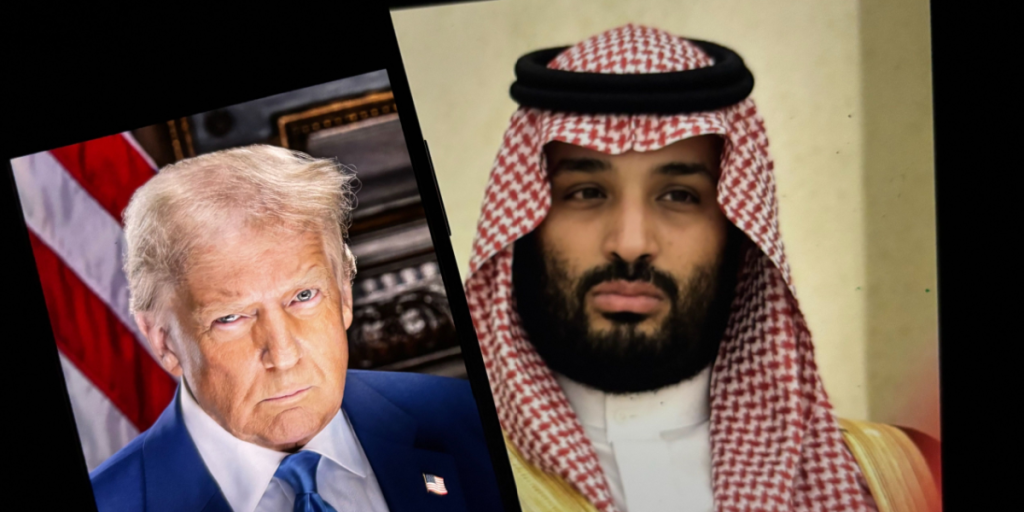
Trump has reportedly given Blair just two weeks to build regional support, with Saudi Arabia seen as a crucial player.
Crown Prince Mohammed bin Salman insists that any post-war plan must pave the way toward Palestinian statehood — a demand Netanyahu strongly opposes.
Also read
Gazan views on their future government
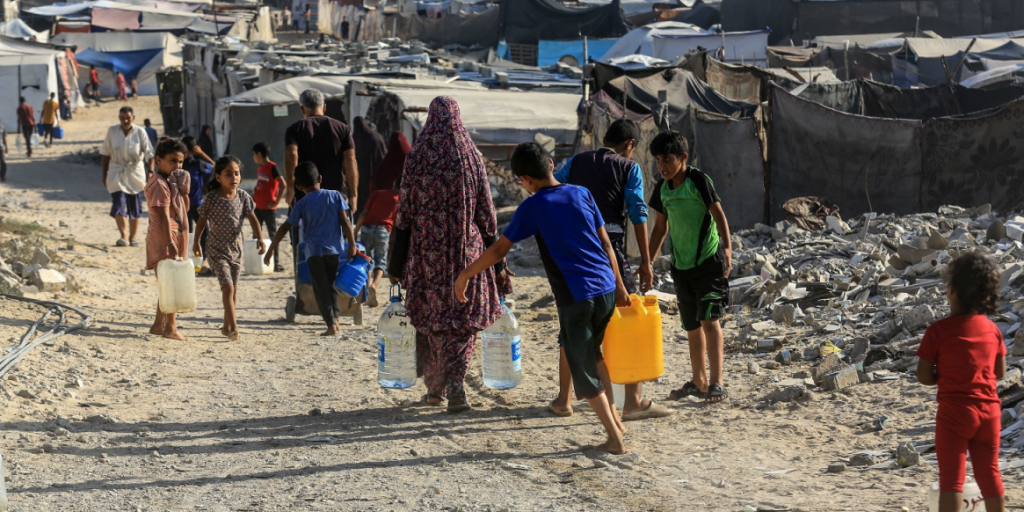
Polling conducted by Blair’s institute shows mixed opinions in Gaza.
Over 25% of respondents support international involvement in a transitional government. Around a third favor a role for the Palestinian Authority.
But uncertainty looms, with no clear consensus from the war-weary population.


